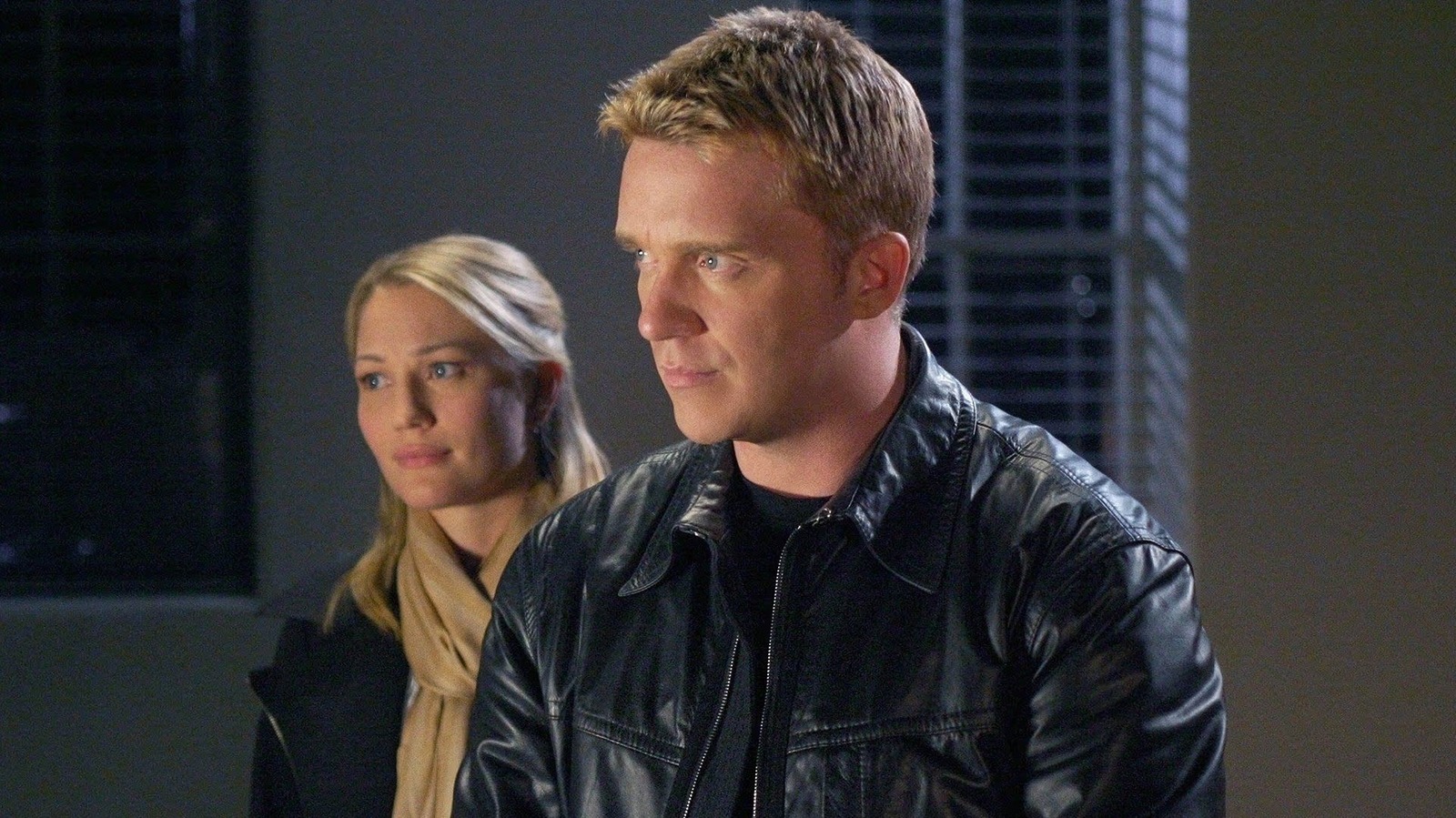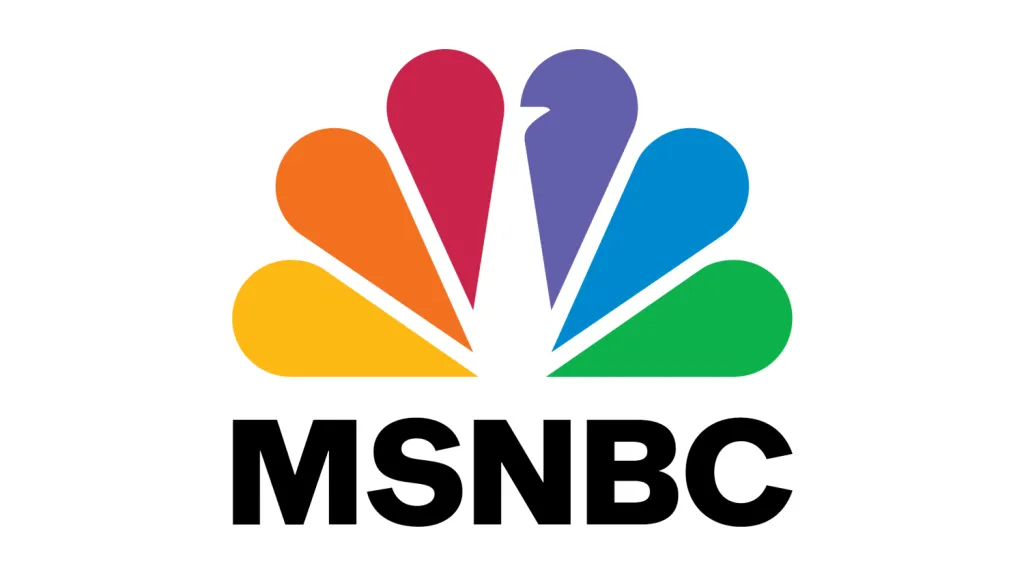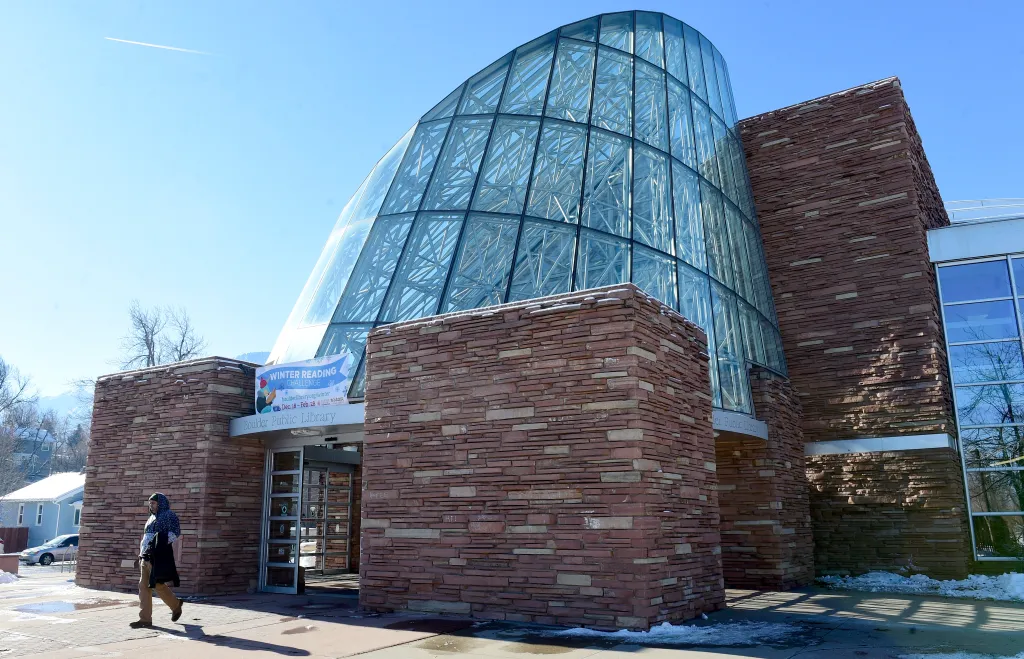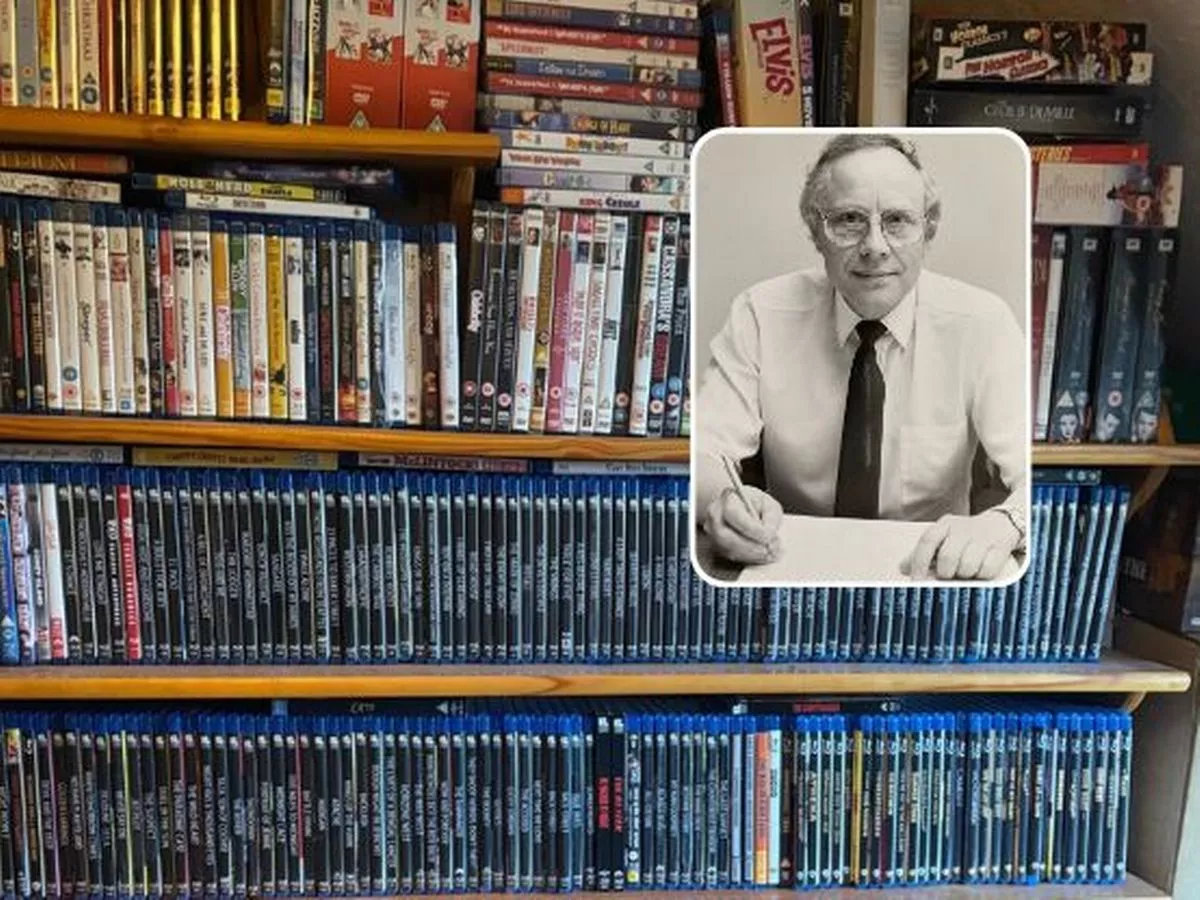Copyright /FILM

You might know Anthony Michael Hall from these three major breakout roles: "The Breakfast Club," "Sixteen Candles," and "Weird Science." These John Hughes-helmed flicks cemented Hall as an up-and-coming talent, and the actor diversified his acting portfolio over the years with acclaimed projects like "Out of Bounds" and "Edward Scissorhands." However, a plethora of factors led to a career lull that lasted until the early 2000s, during which Hall took on infrequent minor roles in both film and television (with the exception of 1999's "Pirates of Silicon Valley," where he played Bill Gates). A career resurgence suddenly occurred in 2002 — Hall was offered the lead role in the television adaptation of Stephen King's "The Dead Zone," which ran for six seasons on USA Network before being canceled. And guess what, Hall has been working steadily ever since. You might've glimpsed him as Gotham Tonight host Mike Engel in "The Dark Knight," or one of the most brazen chanters of "Evil dies tonight!" in "Halloween Kills." You can also check out his most recent performances, including a fun, standout guest role in the latest season of Tim Burton's "Wednesday," and that of the morally grey arms dealer Zachary Beck in the third season of "Reacher." And oh, he's also a part of the incredible "Bosch: Legacy," which regrettably got canceled after three seasons despite having a lot going for it. In an interview with Yahoo!, Hall acknowledged how "thrilled" and "grateful" he was to the 2002 television gig that helped him make a career comeback. "I felt challenged as an actor, and they really gave me a great opportunity," Hall added. You see, "The Dead Zone" puts Hall in the shoes of series protagonist Johnny Smith, who gains inexplicable psychic abilities after being involved in a car crash that renders a part of his brain a "dead zone." Johnny's complex arc allowed Hall to display his incredible range, as it was proof that his skyrocketing fame as a young actor wasn't a fluke, but a glimpse into what he would eventually be capable of accomplishing onscreen. Moreover, King's source material was a joy to draw from, allowing "The Dead Zone" to veer into eccentric narrative bylanes without having to forego the core of a highly intriguing procedural. Michael Piller (who co-created and executive-produced the original "Star Trek," alongside "The Next Generation" and "Deep Space Nine") developed "The Dead Zone" with the intention to stay faithful to King's overarching vision for the source material. USA Network immediately ordered 22 full-length episodes after the promising pilot aired, taking a massive gamble that paid off (the first season alone averaged 6.4 million viewers). An immediate distinction between King's novel and the USA Network series is tone and pacing — while the former takes a slow-burn approach to Johnny's predicament, the series establishes it with immediacy and gusto, wasting no time before diving into chaos. One would think that a series planning to stretch a 400-page book into multiple seasons would adopt a more shambling pace, but "The Dead Zone" makes it clear that it isn't afraid to go all out with every episode. This wasn't the only adaptation of King's (frankly, underrated) novel, as David Cronenberg took a more psychologically complex and fiercely political route in his eponymous 1983 film adaptation. Comparing this version to the crime procedural series would be disingenuous, as they are vastly distinct interpretations of the source material (and if we're being honest, Christopher Walken's rendition of Johnny remains truly unforgettable). Moreover, the series always intended to frame the story as a case-of-the-week affair, with the Big Bad (Sean Patrick Flanery's Greg Stillson) flitting in and out of seasons to heighten the stakes or stoke suspense. In contrast, Cronenberg's vision is more visceral and sharp, where Johnny's transformed psyche is at the forefront of a story that connects changes in the flesh to that of a radically evolving perspective of the world. Hall's riveting performance is reason enough to check "The Dead Zone" out, as his charismatic presence heavily compensates for the inevitable dip in quality that the series experiences after the first three seasons. Unfortunately, escalating production costs and concerns about low ratings led to the cancellation of the show, with Season 6 ending with a massive cliffhanger that will never be resolved. I won't be spoiling anything, but this cliffhanger — while frustrating for obvious reasons — showcases the show's fascinating ability to keep audiences hooked with twists that diverge from King's story. After all, there's a reason why the series had such a robust run, even though we will never know what happened to Johnny in the end, or whether he ended up dooming the world instead of saving it.



